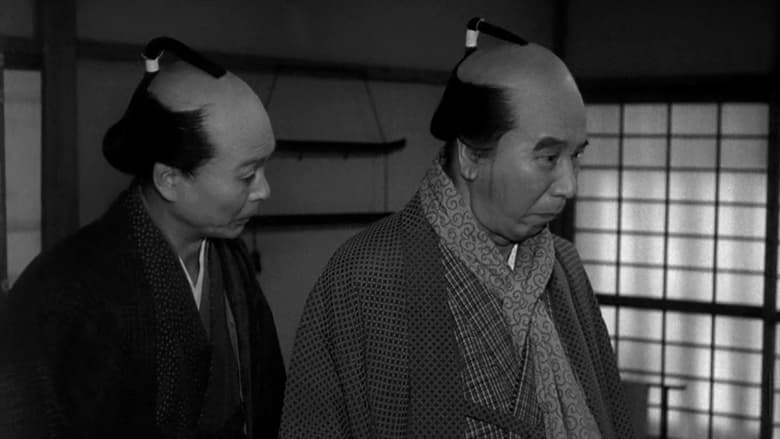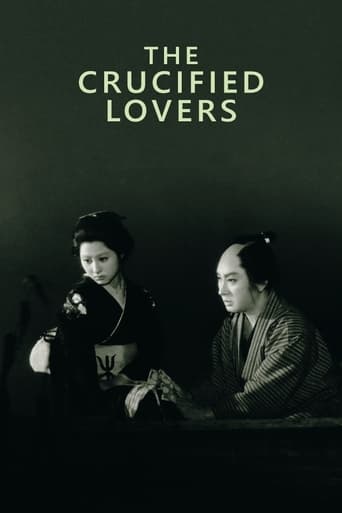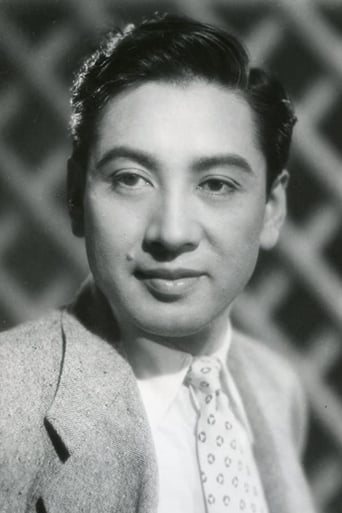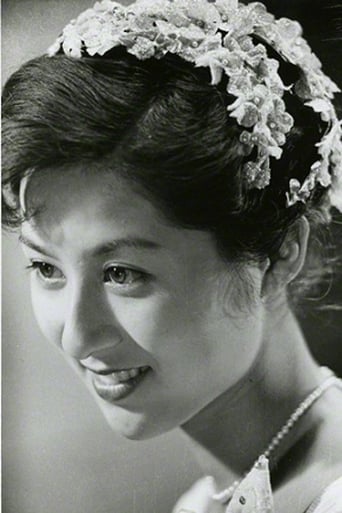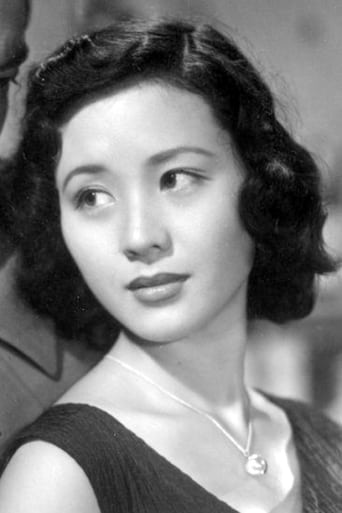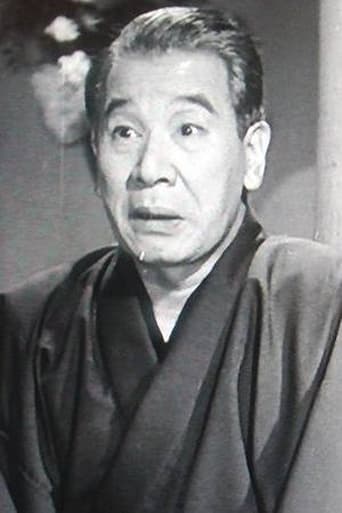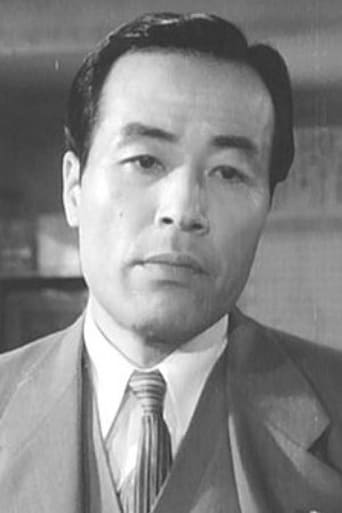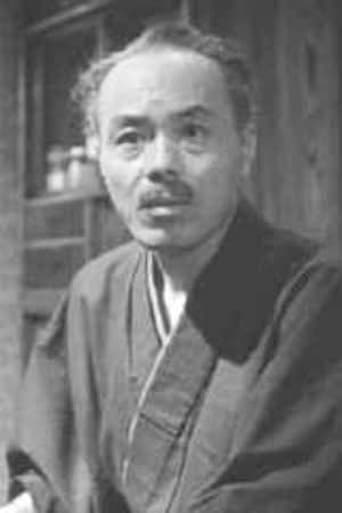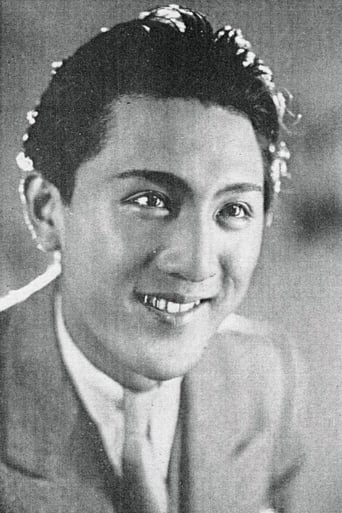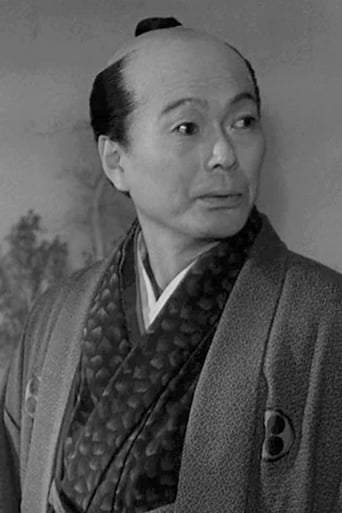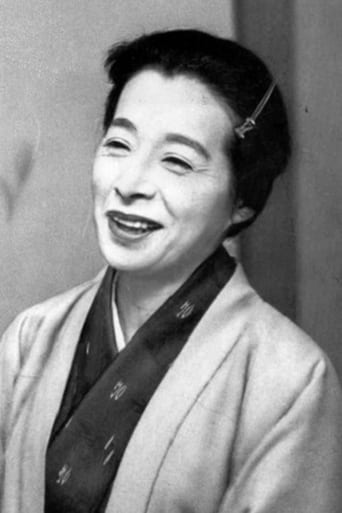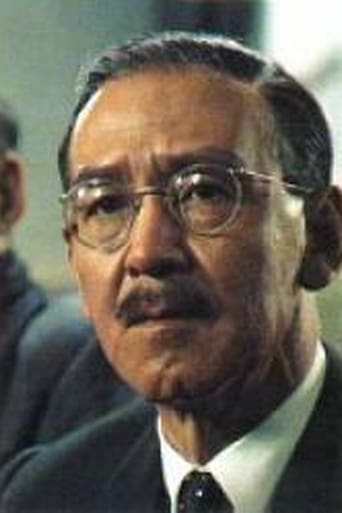When the wife of a 17th century Kyoto scroll-maker is falsely accused of having an affair with his best employee, the pair flee the city and find themselves falling for one another.
Similar titles
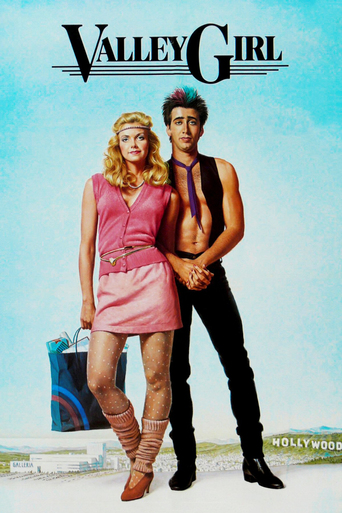
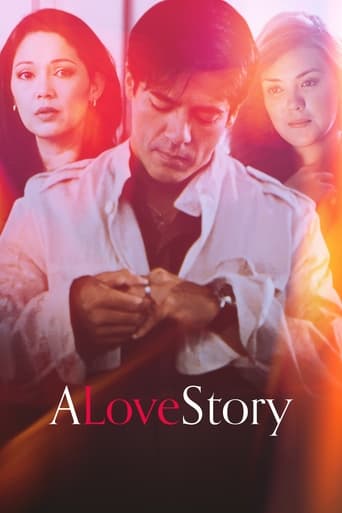
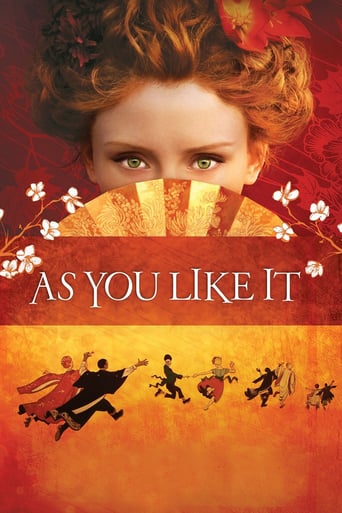





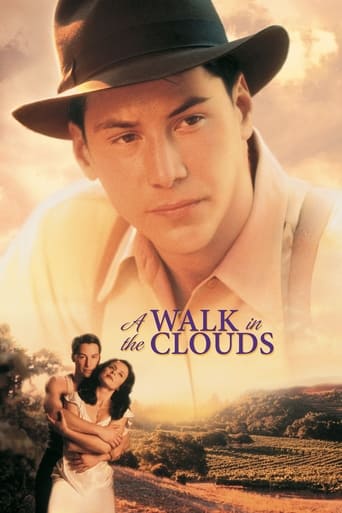
You May Also Like
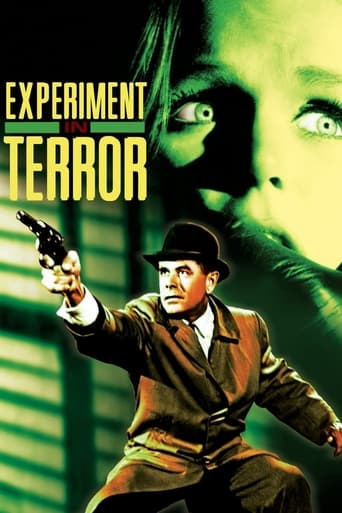
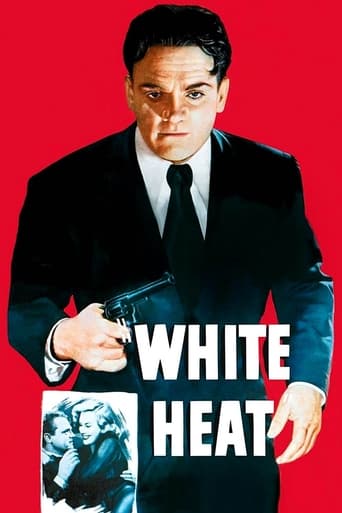
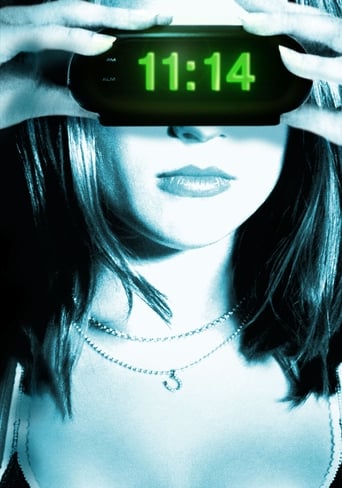
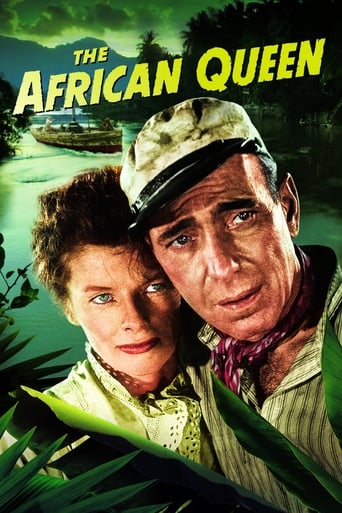
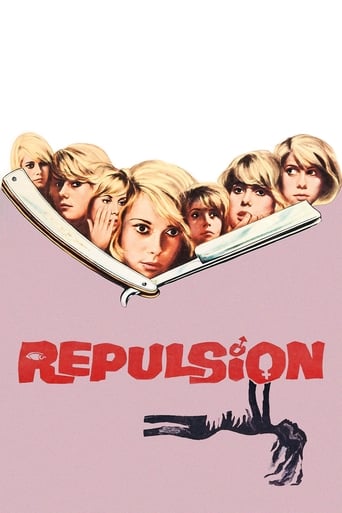
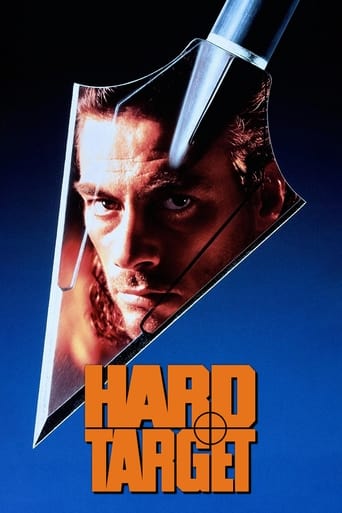
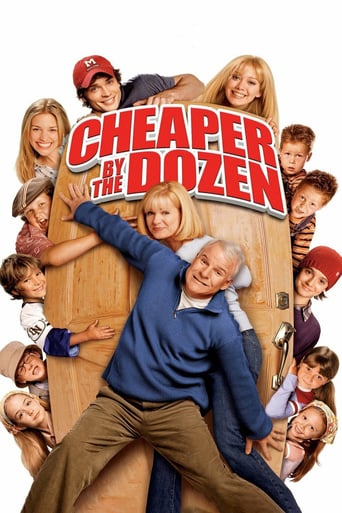
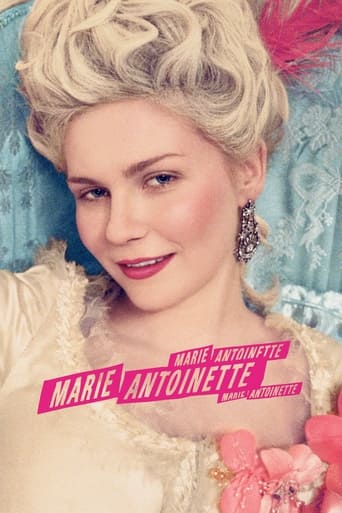
Reviews
the leading man is my tpye
Truly Dreadful Film
The story, direction, characters, and writing/dialogue is akin to taking a tranquilizer shot to the neck, but everything else was so well done.
I enjoyed watching this film and would recommend other to give it a try , (as I am) but this movie, although enjoyable to watch due to the better than average acting fails to add anything new to its storyline that is all too familiar to these types of movies.
"A Story From Chikamatsu" (Lit.). Viewed on Streaming. Restoration = nine (9) stars; cinematography = eight (8) stars; subtitles = seven (7) stars; music = two (2) stars. Director Kenji Mizoguchi's fascination with classical literature from and dramas originally written for the Japanese puppet theater (that later became stage plays) during the Edo period couldn't be more obvious. "Chikamatsu" is a pen name (not a place in Japan!) of a playwright who created puppet dramas but is probably best remembered for his domestic plays of love and suicides written in the early 18th Century that seemed to cater to women audiences. Mizoguchi's scenario starts with a purely accidental romantic encounter and continues (through many twists and turns) as a high socioeconomic romantic barrier (between the wife of a wealthy merchant and an employee) slowly dissolves even in the face of institutionalized execution for adultery. Once again, the Director spins a tale where the male protagonist's happiness is derived from a woman's sacrifice and the emphasis (from personal experience?) is on the attraction that some "strong" women have for "weak," impoverished men with close to zero prospects. While this is not a morality photo-play, Mizoguchi stresses (perhaps to the extreme?) that adultery (real or imagined) was a big deal in Japan's Pre-modern Social System. Adultery laws were a bit tricky though. Husbands could have (were expected to have?) unmarried female lovers. Wives who took on male lovers (married or single) were deemed to have committed adultery. Both lovers faced execution for their actions. "Proof" of adultery could be based on heresy, gossip or other circumstantial evidence (and motivated by business jealousy or revenge). The husband and families of adulterers could be thrown in jail and have their assets confiscated. Even villages the adulterers came from could be punished! (It would seem that same-sex adulterous relationships were not legally addressed, since, apparently, they were assumed never to occur!) Criterion's restoration is outstanding! Cinematography is very good (often due to the camera subtly "floating" on a crane. Subtitles are a bit long and often fail to fully capture the Kensai-Ben flavor of line deliveries. Music uses only Japanese instruments. While this may be commendable, performances are uneven with percussion used more to provide irritating acoustic-shocks than to enhance scene richness. Recommended. WILLIAM FLANIGAN, PhD.
This is adapted from a work by Chikamatsu Monzaemon, one of the defining writers from the early Tokugawa era. His name often reaches us in the contours of a Japanese Shakespeare and as usually with these Western imports to explain Eastern art, it is mostly a lazy comparison. Unlike Shakespeare who continues to inspire a steady flow of film, Chikamatsu's name has been largely neglected however; there is this, and films by Uchida, Shinoda, and Yasuzo Masumura, 'shunji'/double-suicide stories that were Chikamatsu's forte, each enlivened in its own way by the intensity of vibrant artifice and a story of forbidden passions cleansed by death.So film-wise, the heart of these things has been extrapolated from where centuries of concentrated practice refined them, in the stages of kabuki or bunraku, both of which featured elaborate contraptions for generating illusions. The stage having been set, it was all a matter of achieving a cinematic mobility around it. Shinoda made the most clever simple use of that stage in Double Suicide; he was essentially filming what domestic audiences had enjoyed for centuries on the stage of bunraku as part of unbroken tradition, but trusting our eye to be naturally dislocated the right distance to absorb this as a puzzling modernity. It is not unlike what has happened with Mizoguchi; a visual purity from tradition dislocated, thus obscured, through Western interpretations.But let's backtrack a little. We know that Chikamatsu abandoned kabuki for the puppet theater of bunraku, an author's theater, with pliable actors held on strings and the gods that move the world made visible. There he worked in favour of better integrated audience manipulation, in favour of an idealized realism sprung from the author's mind.So here we have a film about a scroll-maker, himself an artist charged with cultivating idealized images, fighting against the idealized reality he has helped cultivate in a quest for the true love he had all his life sublimated into perfect service.It is very similar to Oharu in this way; the film structured around the tension that rises from characters performing idealized roles and the tortured heart that gives rise to them. There is a master printer who cultivates the image of the noble benefactor but who is a cruel deceiving scumbag. Nobles who act magnanimous in the open but then use their position to barter for money. The rival printer who feigns congratulations or compassion but who is secretly plotting for the imperial position.So this idealized world that Chikamatsu advocated and in a small part helped cultivate, Mizoguchi posits to be a system of organized oppression with victims its own characters.But it is in thrusting through this world of idealized, thus largely fictional appearances, that the two lovers can finally realize feelings that were socially prohibited. In this fictional world true beauty, a love fou, is realized by shedding the artificial. As it turns out, the two of them become the couple they were groomed to be.As usual with Mizoguchi, the narrative on the surface level is never less than obvious. It is clean, disarmingly earnest. It seems like the film does not demand anything of us. But beneath the controlled histrionics, there is a heart of images that beats with abstract beauty.The final image is of the two lovers publicly declaring love by simply standing together. It is again clean but resonates outsid the narrative. Their fate is sealed, but the image no longer cultivated but naturally arisen now has the chance to blossom across the audience of curious onlookers. It is an image with the power to inspire change.Mizoguchi is not a filmmaker I can deem personal. But he's a remarkable study just the same.
"Chikamatsu Monogatari" (Crucified Lovers) (Japanese, 1954): Set in 17th century Japan, a series of honorable gestures begins to go terribly wrong, and takes victims with them. Did you know that adulterers at that time were crucified in Japan? This and many more traditions of the Old Way were up for reexamination by the Japanese culture soon after their defeat in World War II. This must have been a time of great doubt for them after all, wasn't it their past that lead them to their current condition? "Chikamatsu Monogatari" is an elegant, methodical story with tragic twists and turns that never the less head straight into inflexible Fate.
This is certainly a good film, beautifully photographed and evocatively acted. Yet one should certainly criticize it, and Mizoguchi, for it is not without flaws and weaknesses. Mizoguchi really cared for women, and wanted to make statements on man's lack of sympathy and total cruelty, yet he sometimes gets ahead of himself in trying to make this statement by adopting the wrong means. This is certainly a case in 'the Crucified Lovers', 'Princess Yang Kwei Fei' and 'Zankiku monogatari'. He sets the scenario in feudal Japan, which leaves the viewer at the end with the partially right exclamation: "boy, does feudalism suck, I'm glad that it is over...". And true, some of the scenarios such weaker films of Mizoguchi present would be literary impossible today. Also, his women characters sometimes become archetypes of unrealistic self-sacrifice, which also simplifies the scenario less appealing. Saying that, "Crucified Lovers" is a good film, with such few relative weaknesses, though the sometimes chilly, cynical prose by Ueda, the screenwriter helps this film allot. I still highly prefer and recommend Mizoguchi's 'realistic, 'contemprary' films of 1936: 'Osaka Elegy' and 'Sisters of the Gion', as well as his late masterpieces, in which he showed more restraint and subtlety: 'Ugetsu', 'Sansho Dayu', and 'The Life of Oharu'.
Top Streaming Movies











